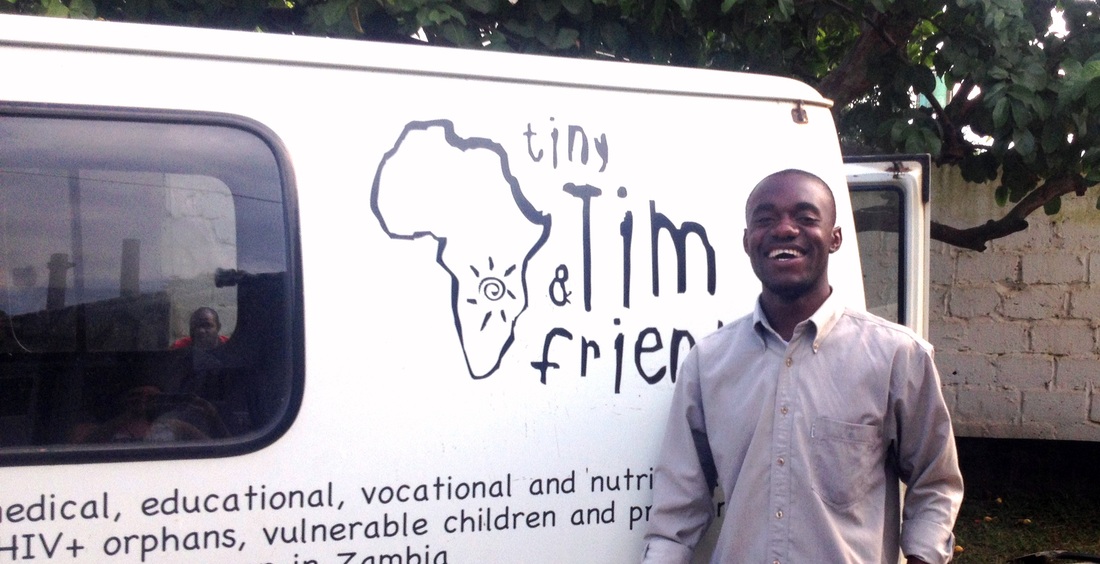|
Lonely, is one of our Social Workers and Adherence counselors at TTF. He runs our clinic and interacts with young people on a daily basis. He see's every day the issues that the young people living with HIV are facing. In celebration of National Youth Day in Zambia we interviewed him about some of the problems young people face and how TTF can help.
2 Comments
JERRY
12/7/2015 12:41:38 am
NICE,WORK I WOULD LOVE TO JOIN YOU.
Reply
Mwambila
2/23/2017 09:40:31 pm
wonderful... well said...
Reply
Your comment will be posted after it is approved.
Leave a Reply. |
FOLLOW US:
archives
February 2024
Categories
All
|
Proudly powered by Weebly


 RSS Feed
RSS Feed